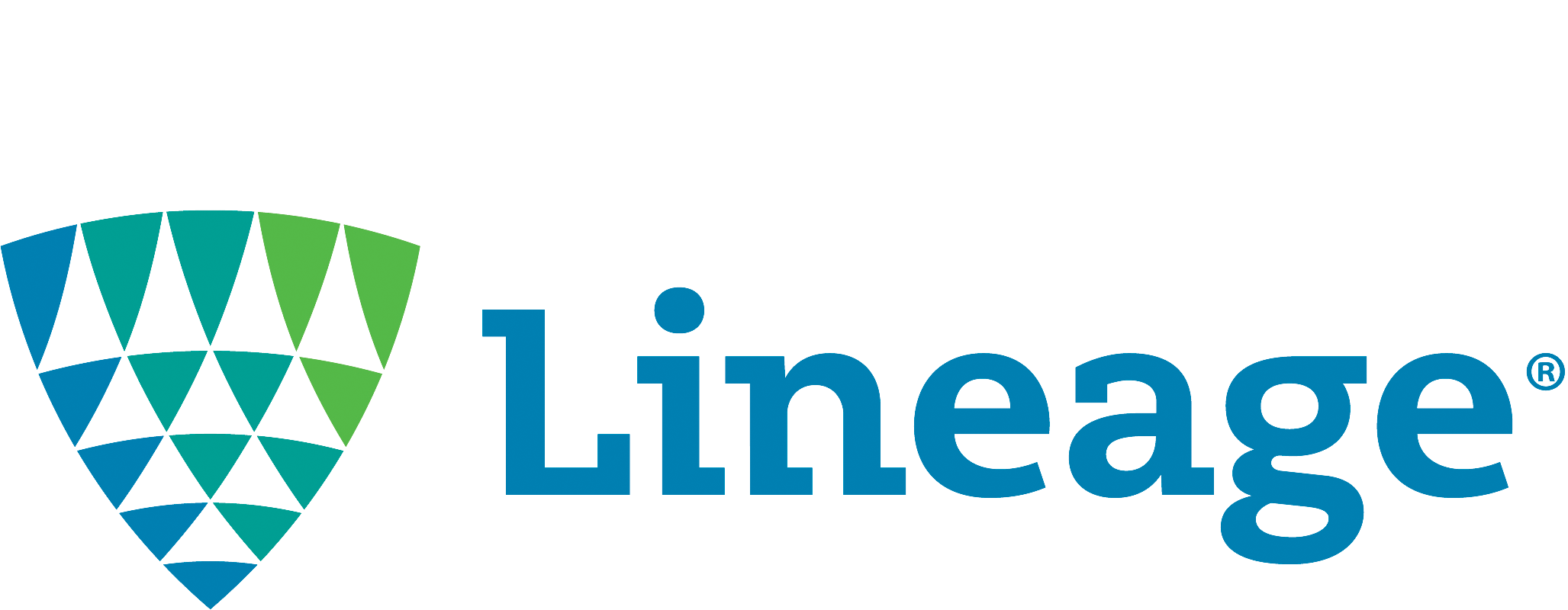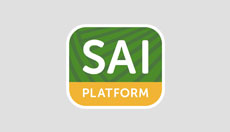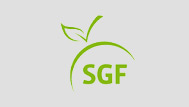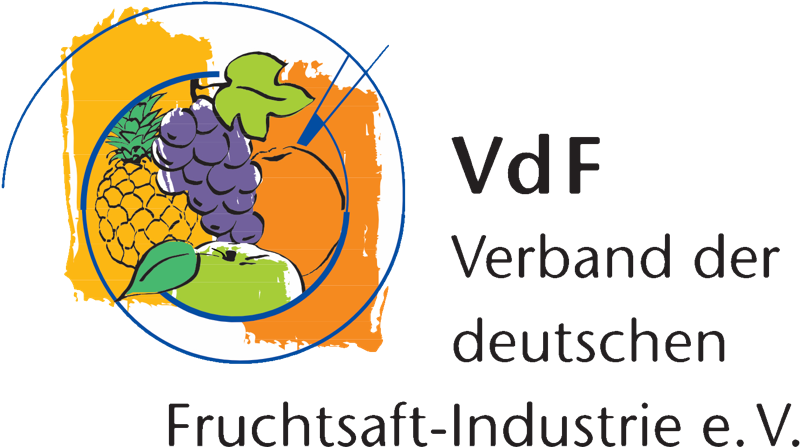AIJN Code of Business Conduct
The AIJN Code of Business Conduct is based on the six Fruit Juice CSR Principles of the Sector CSR Roadmap (founded on the UNGC Food and Agriculture Business Principles (FABs)) and the former SGF/IRMA Code of Conduct. Moreover, it is developed on the basis of relevant internationally recognised standards. The purpose of this Code is to ensure that all players in the fruit juice value chain operate in accordance with internationally recognised minimum standards on human rights, labour and environment.
AIJN Code of Business Conduct 2015
UN GC Food and Agriculture Business Principles
The Juice CSR principles presented in the Sector CSR Roadmap are based on the recently developed United Nations Global Compact Food and Agriculture Business Principles (FABs). The FABs are the result of a 2-year multi-stakeholder consultation process. The UN Global Compact is the world’s largest corporate citizenship and sustainability initiative with over 7,000 participating businesses, and is a legitimate reference for the Fruit Juice CSR Principles.
The UN Global Compact Principles are based on peer networks; they are voluntary and not prescriptive, but do hold companies accountable. Furthermore, the consensus-based and comprehensive nature of the principles allow for harmonization and collaboration with other initiatives. Read and learn more about the FABs here:www.unglobalcompact.org/Issues/Environment/food_agriculture_business_principles.html
Research on CSR issues in fruit juice supply chains (2013)
As part of the Fruit Juice CSR Platform activities, research has been conducted into the fruit juice supply chains and related CSR issues in Eastern and Southern Europe. The goal of this research was to generate and distribute knowledge on the fruit juice sector in Europe. This research gives an overview of supply chain characteristics and CSR issues for the following countries and types of fruit :
- Apples from Turkey
- Oranges from Spain
- Apples from Poland
- Strawberries from Poland
The report can be found under the following link: CSR_Platform_Fruit_supply_research
European Commission: CSR
In October 2011 the European Commission published a new policy on Corporate Social Responsibility (CSR) translated in an agenda for action 2011-2014. This Commission agenda for action covers, amongst others, enhancing the visibility of CSR and disseminating good practices. This includes the establishment of sector-based platforms for enterprises and stakeholders to make commitments. The Commission thus published in 2012 a call for proposals for projects developing industry sector platforms on CSR. The Fruit Juice CSR Platform was one of few project proposals that the European Commission supported and decided to co-fund for 18 months.
The EU Commission has defined CSR as follows: enterprises should have in place a process to integrate social, environmental, ethical, human rights and consumer concerns into their business operations and core strategy in close collaboration with their stakeholders, with the aim of: maximising the creation of shared value for their owners/shareholders and for their other stakeholders and society at large, identifying, preventing and mitigating their possible adverse impacts.
 Want to get involved?
Want to get involved?











































